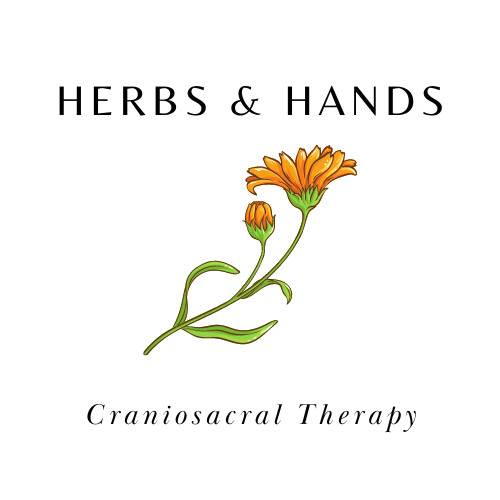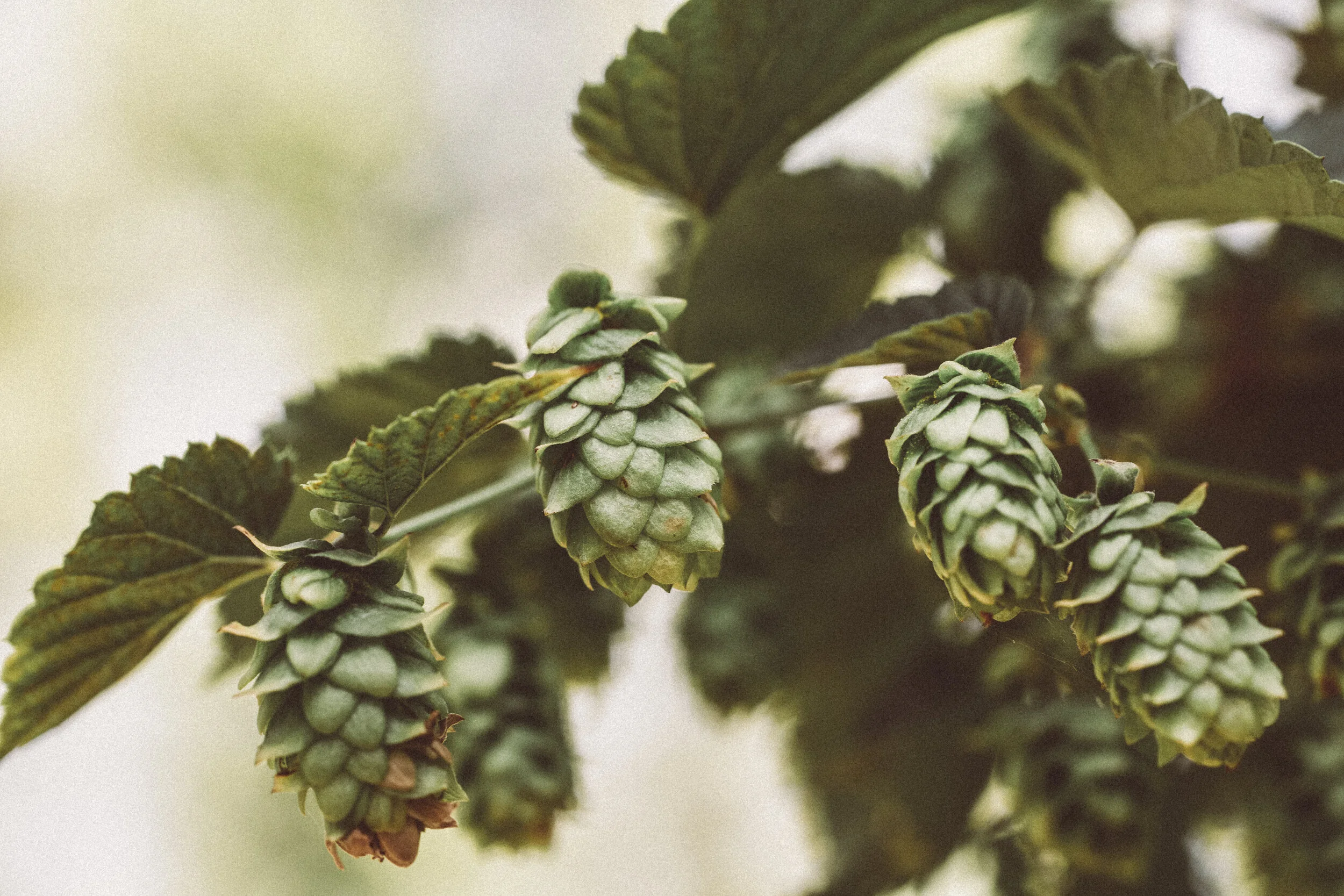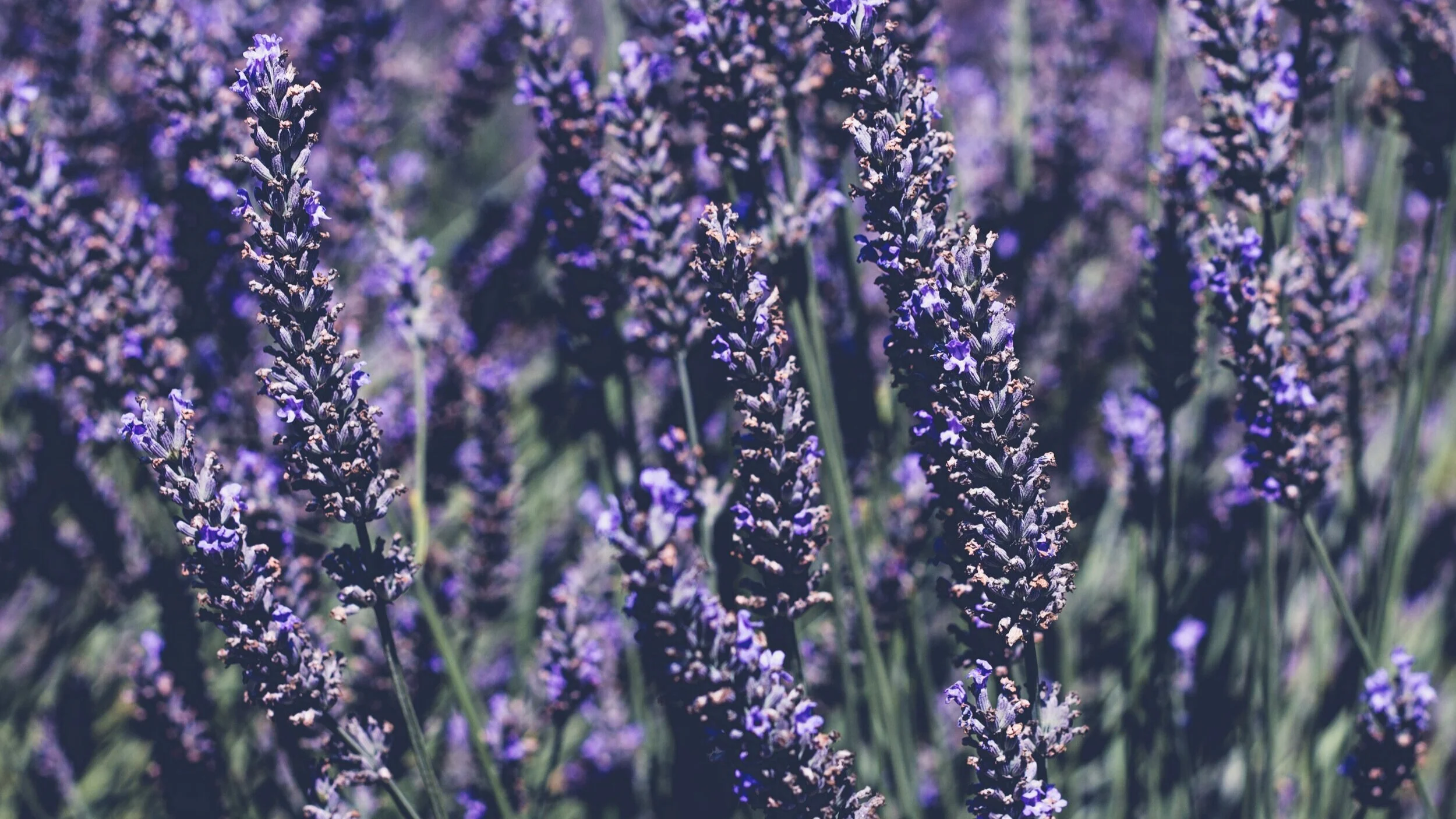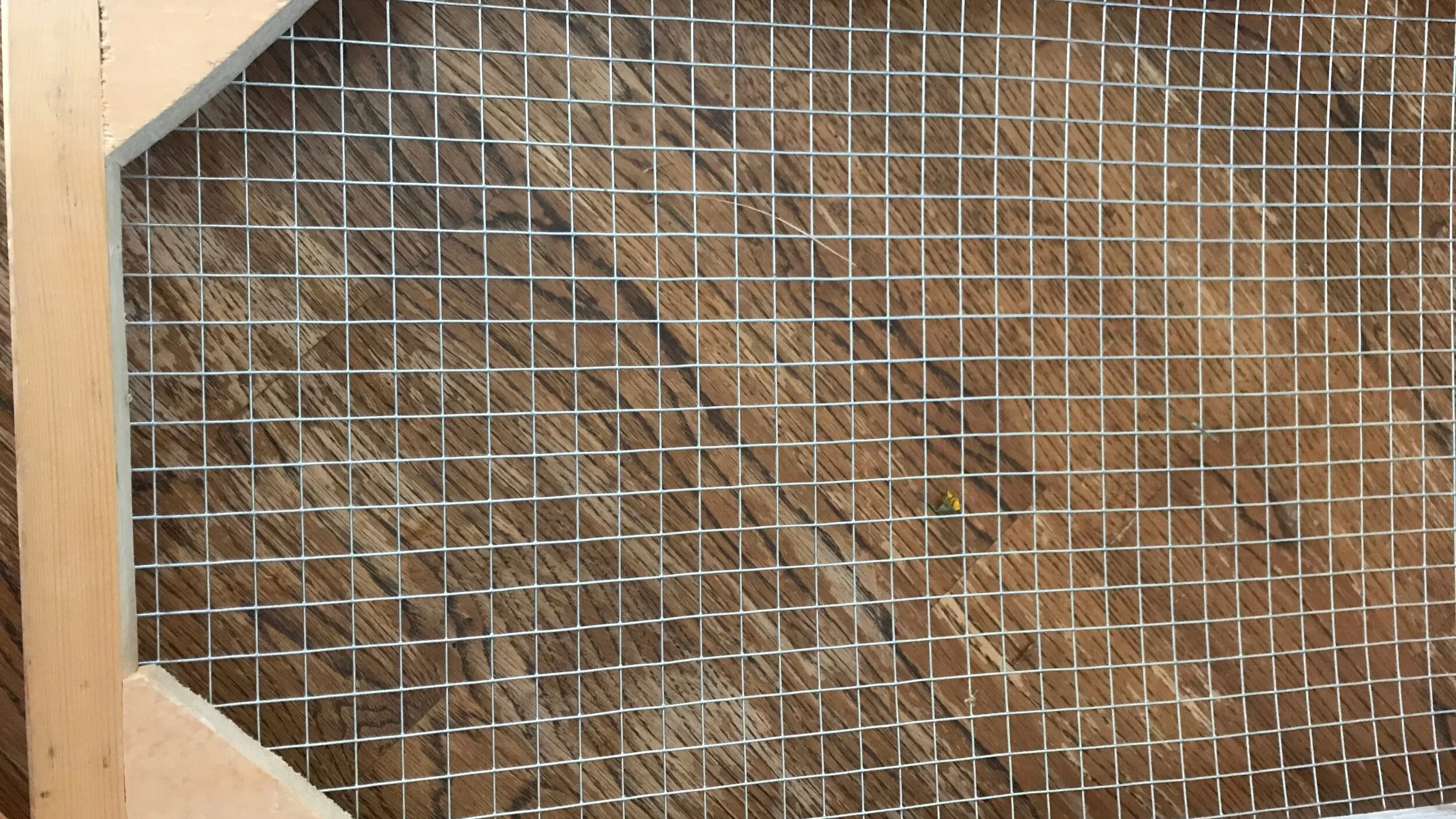Harvesting, Processing, and Storing Your Own Herbal Remedies
My Summer has been filled with harvesting and processing herbs. Leaves, flowers, and seeds are all great summertime harvests. Most of these herbs are easy to dry and store for use later in teas, tinctures, compresses, powders, vinegars, oils, and salves. Some like St. John’s Wort should be used while fresh. If you are interested in growing, gathering, and making your own herbal medicines, knowing how to harvest them, process them, and store them is almost as important as knowing how to grow them.
Harvesting Herbs
Knowing when to harvest herbs takes a bit of knowledge about the herb before you begin cutting. Some herbs are best used when in flower and some are better to use before they go to flower. Getting a good guide that includes the herbs you are interested in is an important first step. I’m partial to a few different resources, my primary go to is Herbal Medicine from the Heart of the Earth written by Dr. Sharol Tilgner. My next favorite is Medicinal Plants of the Pacific West by Michael Moore - he has guides to other North American regions as well.
From your guide you can glean the following information:
Which part of the plan you will harvest for medicine
Whether to make medicine from dry, fresh, or a combination of the two.
What types of preparation are best at delivering the plants medicine (tea, tincture, topical, etc.)
Once you know what plant you are after, which part of the plant you will want to harvest, and how to identify it, you are good to begin your search. If you are growing it, that will be a short search. If you are harvesting it wild, you will want to know what type of environment the plant grows in, if it’s endangered, and what the laws are for the area you plan on harvesting in. Do you need a permit? Is harvesting banned in that specific area? If the plant you are looking for is endangered, you will want to purchase it from a farm that grows it and leave it alone in its natural habitat. United Plant Savers is a great resource for finding this information. Another great book for foraging your own herbs is Wild Remedies by Rosalee De La Foret and Emily Han.
Since we are talking about Summer harvesting here, know that this is the season for harvesting leaves, flowers, and fruits. Fall/Winter is great for harvesting barks, roots, and some plant buds like cottonwood.
Processing Herbs:
Once you have your herbs and know what you will be making from them, it’s time to process them. If you’re making fresh plant medicine, plan on processing your herbs on the day of harvest if possible. You will want to clean your plant material, chop it up smaller and then go about making your medicine. Fresh plant material has more water in it than dry, so if you are making an herbal oil, you will want to wild your plants by letting them sit out for at least a few hours. Only use fresh Calendula and St. John’s wort for oils otherwise you are bound to have a lot of spoiled oil in a few weeks. For tinctures, you will use a slightly higher alcohol concentration with fresh plant than you would with dry plant.
If you are drying your herbs, there are a few different methods. You can hand small bundles of herbs around in your home, dry herbs on drying racks, or dry in a low temperature dehydrator. I personally utilize all three methods. More succulent plant material like calendula flowers go into my dehydrator along with plants that take longer to dry like mugwort and peppermint. Lemon balm, musk mallow, and other plants with thin leaves tend to hang dry well. Flowers, plants with smaller leaves, and things that don’t hang well do well on drying racks.
You don’t need any fancy material to dry herbs, in fact, my drying racks are made of scrap wood and cuttings from a roll of window screen material. I do like window screen material as it keeps most of the smaller bits of dry herb from escaping. In hot dry weather, most herbs will be thoroughly dry in 3-5 days.
Storing Herbs:
Herbs store pretty well, but they do lose their potency over time. A good rule of thumb is to store dried herbs for up to a year. Dried roots tend to store a bit longer, and I save them for up to 2 years. Fresh herbs that haven’t been processed should be stored in the refrigerator in bags to maintain their moisture and freshness until you are ready to use them. Try to use them up within a few days up to a week at most.
Tinctures last for 3-5 years. Oils last for a few months. Salves last for about 2-3 years.
It’s important to store your herbs in a dark, dry, temperature controlled area. A closet in your house is a great option. Heat, sunlight, and moisture will all cause your herbs to lose their effectiveness over time.
To store dried herbs, you will want to use glass jars, paper bags, or plastic bags. I store my clinic herbs in glass jars at work and the remainder in plastic ziplock bags at home. Those little dehydration packs you find in supplement bottles and other dried food items are a great addition to your bag of dried herbs.
Before you tuck your herbs into their storage container, you will want to break them down into smaller pieces and get rid of large stems. To do this, you can garble your herbs. This is the process of rubbing your dried herb material across a surface that will allow the small bits to filter down into a bowl and keep the large bits above for composting. My setup is very simple, I have a wooden frame made of scrap wood with half inch hardware cloth stapled across it. The hardware cloth works as a great surface for breaking down the plant material and catching the large bits I don’t want to store and use later.
Harvesting your own herbs has so many benefits:
You save money
You get to know the plant
You get outside
You know where your herbs came from
You know just how fresh your herbs really are
It’s a fun way to get creative
It makes your house (and hands) smell great
Do you harvest your own herbs? If so, what other benefits have you found? Are you thinking of harvesting your own herbs? If so, what questions do you have?
To our health!





